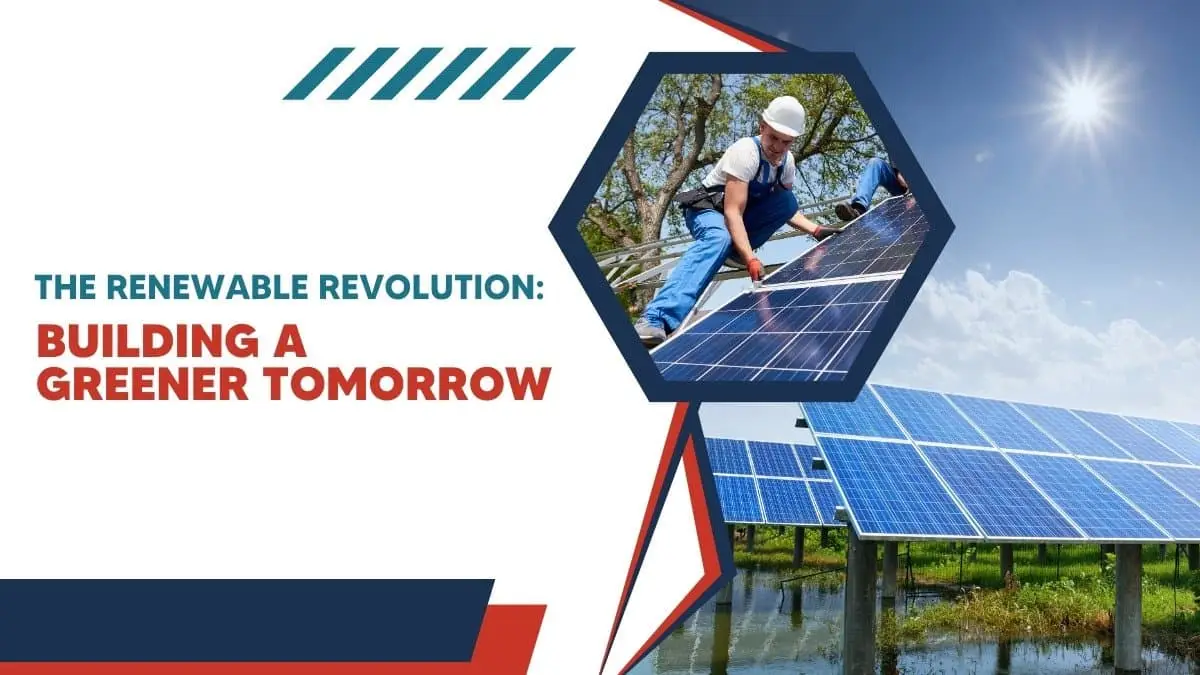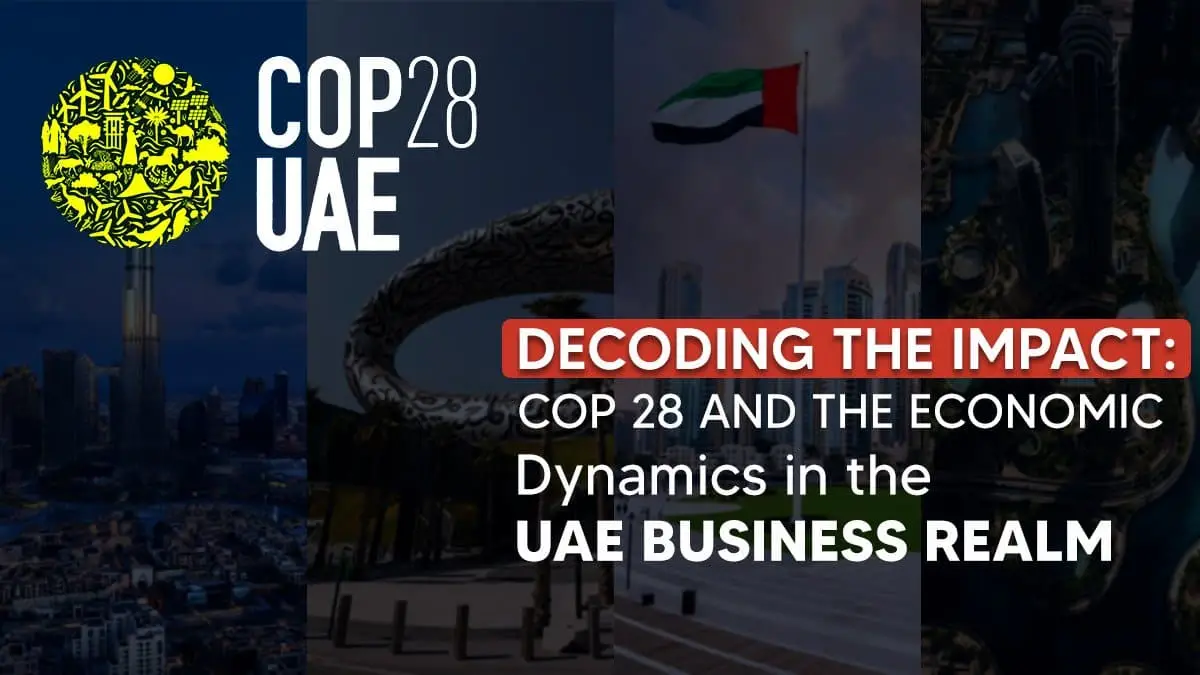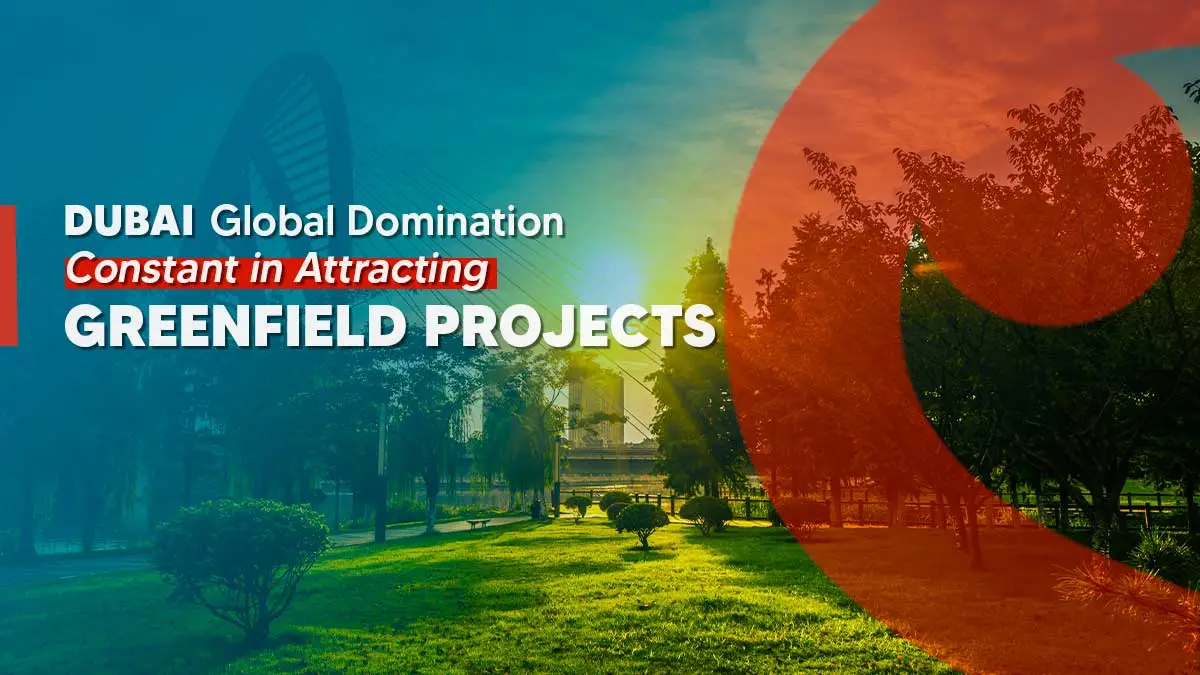The UAE spearheads pioneering initiatives in renewable energy and energy efficiency. Recognising the gravity of climate change, the UAE is actively exploring alternative avenues for powering its economy. Pioneering the Net Zero by 2050 Strategic Initiative, the UAE becomes the first in the Middle East to commit to this goal, aligning with the objectives of the Paris Agreement. This initiative harmonises with the UAE’s vision for development, fostering the creation of new knowledge, green industries, and opportunities for skills and employment.
UAE 2050 Energy Goals
The UAE’s 2050 Energy Goals aim for a diverse energy portfolio, blending renewable, nuclear, and clean sources to fulfil economic needs and environmental aspirations. The breakdown is as follows:
- 44% clean energy
- 38% gas
- 12% clean coal
- 6% nuclear
In 2023, the UAE revised its National Energy Strategy to introduce new objectives:
- Generate 50,000 fresh green jobs by 2030
- Triple renewable energy capacity to 14 GW by 2030
- Increase the proportion of clean energy in the overall mix to 30% by 2031
- Attain carbon neutrality by 2050

Renewable Energy and Sustainability Initiatives
In the heart of the hydrocarbon industry, the UAE has been at the forefront of renewable energy. After more than 15 years dedicated to research and policy initiatives, solar energy is now accessible at a remarkable rate of 1.35 cents per kilowatt hour. With three of the globe’s largest solar plants already operational, the UAE is swiftly expanding its solar infrastructure.
1. UAE’s Renewable Energy Leadership
- Pioneered renewable energy in UAE amidst a hydrocarbon-centric industry.
- Over 15 years of research and development (R&D) and policy initiatives.
- Solar energy now costs 1.35 cents per kilowatt hour.
- Boasts three of the world’s largest solar plants, with more rapid development.
2. Impactful Solar Projects
- Noor Abu Dhabi solar park will slash UAE’s carbon footprint by 1 million metric tons annually, equivalent to removing 200,000 cars from roads.
- Mohammed bin Rashid Al Maktoum Solar Park in Dubai, spanning 4,000 acres, will power 800,000 homes by 2030.
3. Masdar’s Contribution
- Abu Dhabi’s commitment of over $20 billion to renewable energy programs via Masdar.
- Masdar has expanded UAE’s renewable energy portfolio by 400% in the last decade.
- Focus on developing and commercialising renewable energy, energy efficiency, carbon management, water usage, and desalination technologies.
4. Energy Efficiency Initiatives
- Emirates Green Building Council’s Energy Efficiency Program targets reducing UAE’s carbon footprint by retrofitting inefficient buildings.
- Dubai’s “Smart City” strategy optimises energy, transportation, and recreational areas.
- Enforcement of “Green Building Regulations” since 2011 for private sector construction to cut energy and resource consumption.
5. Sustainable Development Initiatives
- Abu Dhabi’s Estidama initiative promotes green standards in building and community construction.
- Includes the Pearl Building Rating System for evaluating sustainable building practices.
- Development of a waste-to-energy plant in Abu Dhabi to power 20,000 households using organic waste.
Carbon Capture and Reduction
The UAE acknowledges the vital role of carbon capture technologies in achieving climate goals. ADNOC’s 2016 establishment of the region’s first industrial-scale CCUS facility, currently capturing 800,000 tons of CO2, is set to expand sixfold by 2030. Additionally, the UAE is committed to planting 100 million mangroves by 2030 for carbon offsetting. ADNOC, with its low carbon intensity and reliance on zero-carbon nuclear and solar power for electricity, aims to reduce its carbon intensity by 25% in the next decade.
Nuclear Energy
Nuclear energy is pivotal in the UAE’s pursuit of a net-zero strategy, underscoring its commitment to diversifying energy sources and diminishing reliance on fossil fuels. As the first Middle Eastern nation to operate zero-carbon nuclear power alongside renewable energy, the UAE aims to generate 14 GW of clean capacity by 2030. Integral to the UAE’s Energy Strategy 2050, developing a civilian nuclear energy sector aligns with these objectives. In December 2009, a bilateral agreement between the UAE and the US, known as the “123 Agreement,” was established, emphasising international nonproliferation, safety, and security standards.
This landmark pact, hailed as exemplary by US officials and nonproliferation experts, facilitates the legal framework for nuclear energy technology commerce between the two nations. Upholding peaceful objectives, the UAE Government has enshrined its nuclear energy policy in various laws and accords, including the UAE Nuclear Law signed in October 2009.
123 Agreement: Key Points
The following are the key points of the 123 agreements:
1. Role in Barakah Nuclear Energy Plant Development
A crucial supporting factor for the development of the UAE’s Barakah Nuclear Energy Plant by the Emirates Nuclear Energy Corporation (ENEC).
2. Commercial Operation and Impact
- Unit 1 was declared commercially operational in March 2021, delivering clean electricity to the UAE grid around the clock.
- Units 2 and 3 will be successfully connected to the national grid in 2022.
3. Impact on Electricity Production and Carbon Emissions
- Upon full operation of all four units, the Barakah Nuclear Energy Plant will meet up to 25% of the UAE’s electricity needs.
- Expected to prevent the release of 21 million tons of carbon emissions annually, equivalent to removing 3.2 million cars from the roads yearly.
4. International Oversight and Reviews
- The International Atomic Energy Agency (IAEA) and the World Association of Nuclear Operators (WANO) conducted over 42 missions and reviews to ensure alignment with international best practices.
5. Involvement of US Firms
- Westinghouse, part of a consortium led by Korea Electric Power Corporation, provided major components and technical support services.
- Lightbridge Corporation offered consulting services on design and development.
- CH2M Hill secured a 10-year contract to support the UAE’s nuclear program.
- Paul C. Rizzo Associates contributed to site placement and engineering.
Key Entities in the UAE Nuclear Energy Program
- Federal Authority for Nuclear Regulation (FANR): Regulates and licenses nuclear energy activities focusing on public safety.
- Emirates Nuclear Energy Corporation (ENEC): Develops nuclear energy plants and fosters the local nuclear energy sector.
- Barakah One Company: Manages commercial and financial interests as a subsidiary of ENEC and KEPCO.
- Nawah Energy Company: Operates and maintains the Barakah Nuclear Energy Plant as a subsidiary of ENEC and KEPCO.
Hydrogen: A Sustainable Energy Solution
Hydrogen, a clean fuel derived from diverse domestic resources like natural gas and renewables, holds promise for various applications, from transportation to residential use. In the UAE, initiatives like the Hydrogen Leadership Roadmap and the Abu Dhabi Hydrogen Alliance signify a commitment to advancing low-carbon hydrogen technologies. Dubai’s inauguration of the Middle East’s first hydrogen filling station in 2017 demonstrates proactive steps towards a greener future.
Concluding thoughts!
In conclusion, the UAE demonstrates an unwavering commitment to sustainable development through pioneering initiatives in renewable energy, energy efficiency, and carbon reduction. The UAE aligns with global climate objectives while driving economic growth and job creation by spearheading the Net Zero by 2050 Strategic Initiative and investing in diverse energy sources, including solar, nuclear, and hydrogen. With ambitious goals outlined in the UAE’s 2050 Energy Strategy and proactive measures such as the Hydrogen Leadership Roadmap, the nation emerges as a leader in green innovation, setting a model for sustainable development worldwide.
For the latest updates on Dubai and setting up a business in the UAE, reach out to Shuraa Business experts. We provide comprehensive assistance for all your business needs. Contact us at +97144081900 or send a WhatsApp message to +971507775554. You can also email us at [email protected] for prompt responses to your inquiries.







